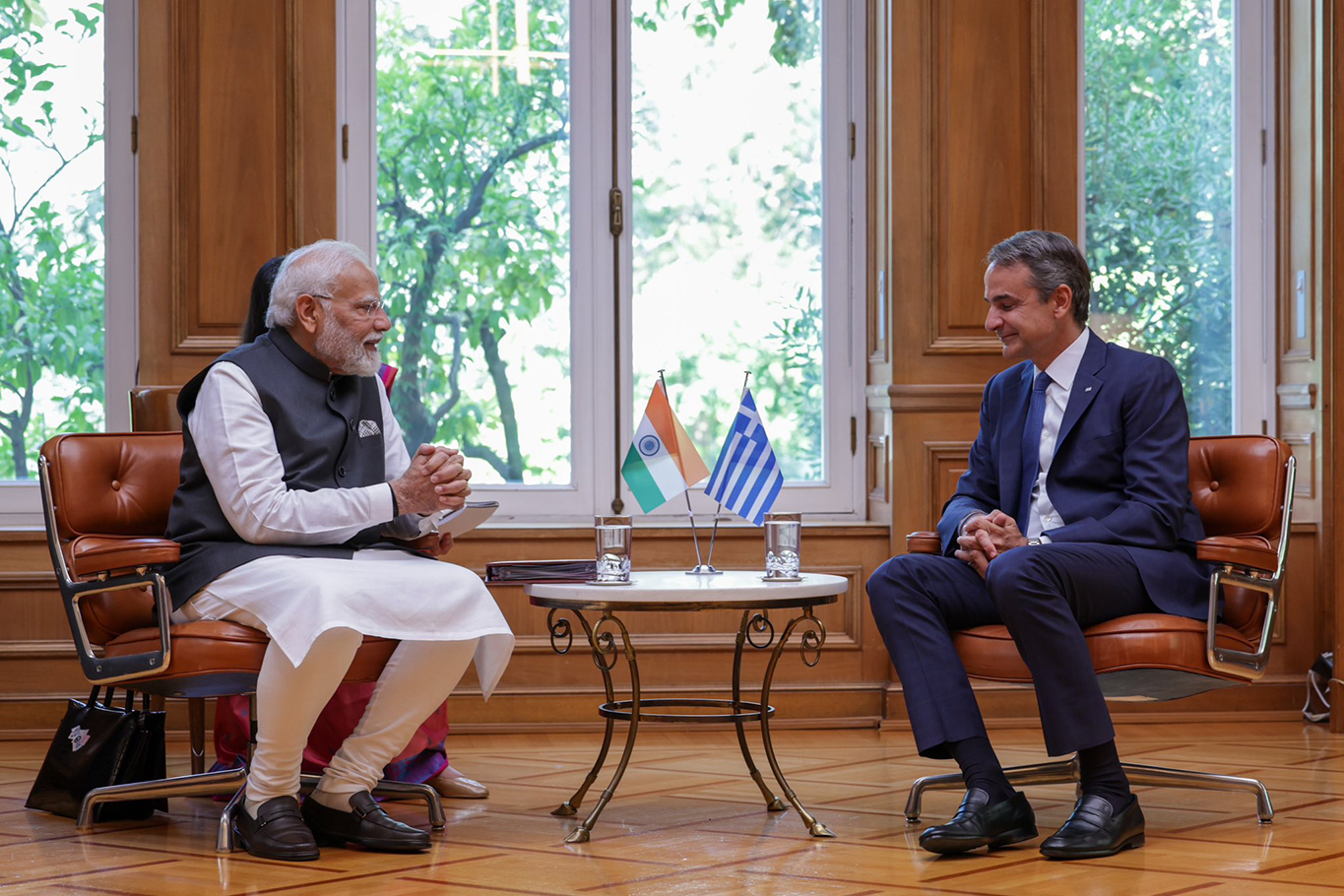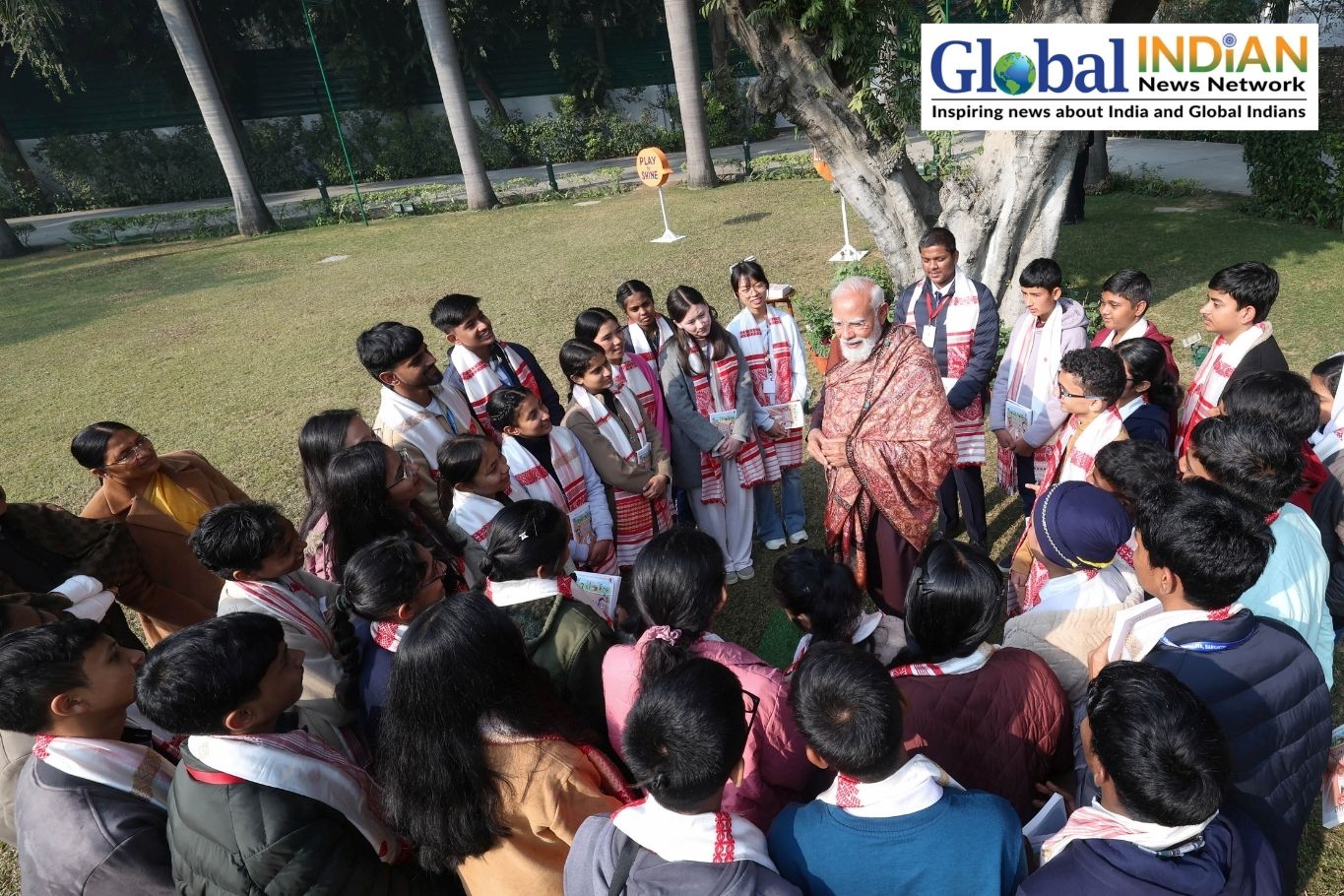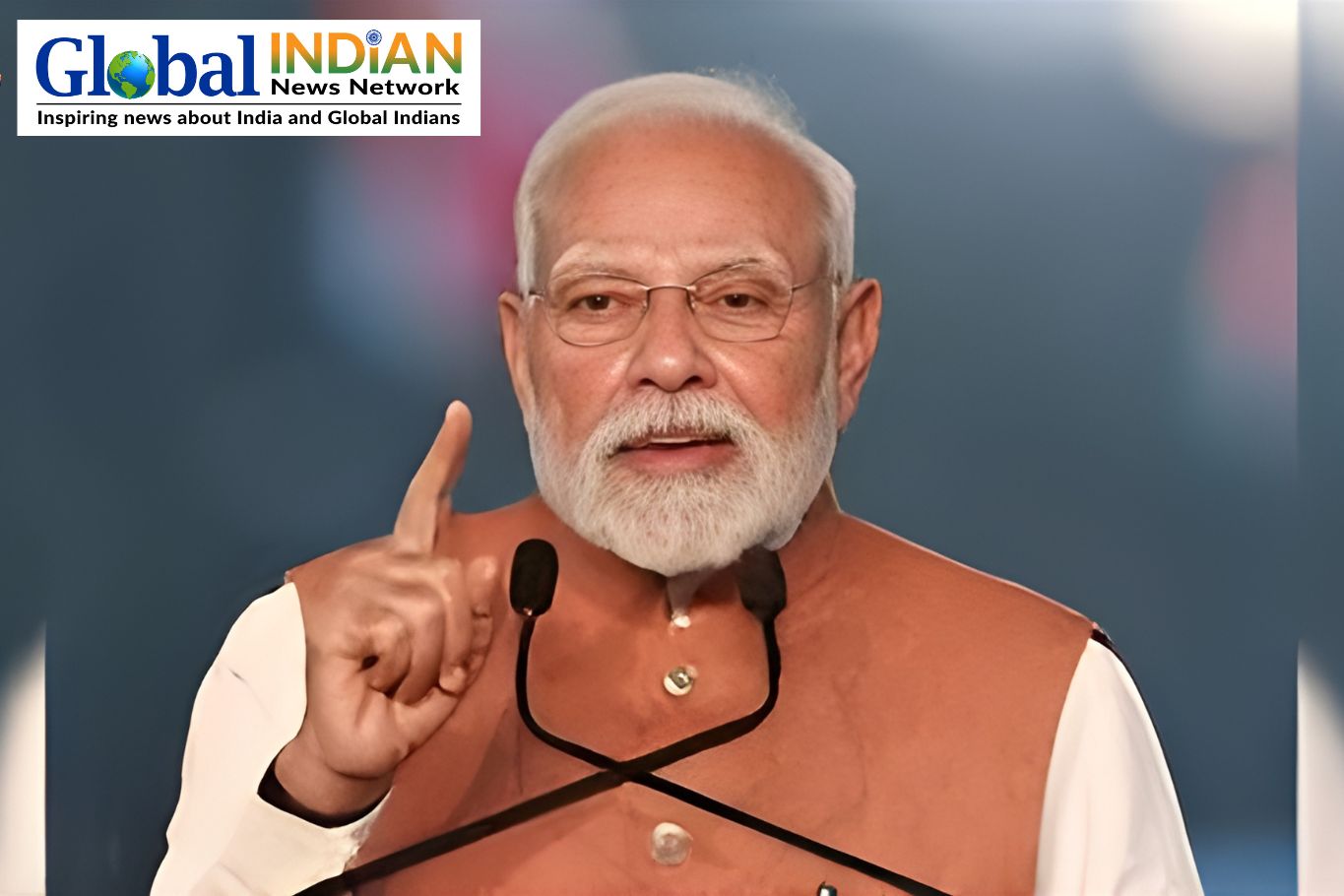
Marking a significant milestone, India and Greece have upgraded their relationship to a strategic partnership during Prime Minister Narendra Modi’s historic visit to Greece. The move aims to rejuvenate political, security, and economic ties, with both leaders recognizing their shared historical heritage. The leaders expressed the need for an invigorated approach to bilateral relations amid the evolving global landscape.
The joint statement released after talks between Prime Minister Modi and Greek counterpart Kyriakos Mitsotakis highlighted their commitment to enhancing cooperation in various sectors, including defense, security, infrastructure, agriculture, and skills development.
Greece’s appreciation for India’s support on issues like its quest for a permanent UN Security Council seat and concerns about cross-border terrorism in Jammu and Kashmir was emphasized. Meanwhile, Athens has acknowledged India’s constructive role on matters of core national interest for Greece, such as Cyprus.
The meeting also addressed maritime concerns, particularly in the Eastern Mediterranean and the Indo-Pacific regions. Both leaders expressed unity in upholding maritime security, adherence to international law, and the Convention on the Law of the Sea. The establishment of a National Security Advisor-level dialogue platform between the two countries was considered.
Prime Minister Mitsotakis described the meeting as a new beginning, acknowledging the historical ties that have linked their nations over centuries. He highlighted the dynamic Indian community in Greece and emphasized the economic opportunities created by Greece’s position as Europe’s eastern gateway.
Further strengthening India’s ties with the European Union (EU) was also underscored. The leaders voiced support for ongoing India-EU trade and investment negotiations and the early implementation of the India-EU Connectivity Partnership.
Additionally, both leaders aimed for a mutually beneficial Mobility and Migration Partnership Agreement (MMPA) to facilitate workforce movement between the countries. They directed senior officials to engage in regular dialogue across various areas, including politics, economics, defense, security, and public diplomacy.









